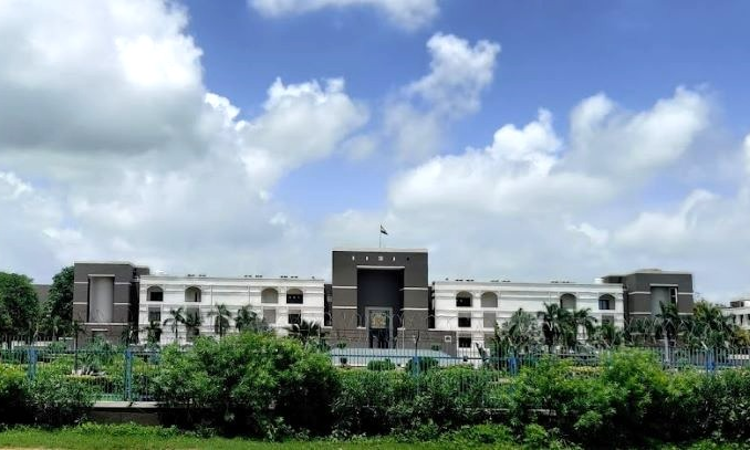The Gujarat High Court has held that merely because a Dargah is situated in a railway land and not disturbed or removed because of its devotees and followers, does not mean that the surrounding land of the Dargah becomes the Dargah's property. Observing thus, the Bench comprising Justice Umesh Trivedi set aside an order of the State Waqf Tribunal which granted injunction in favour of...

